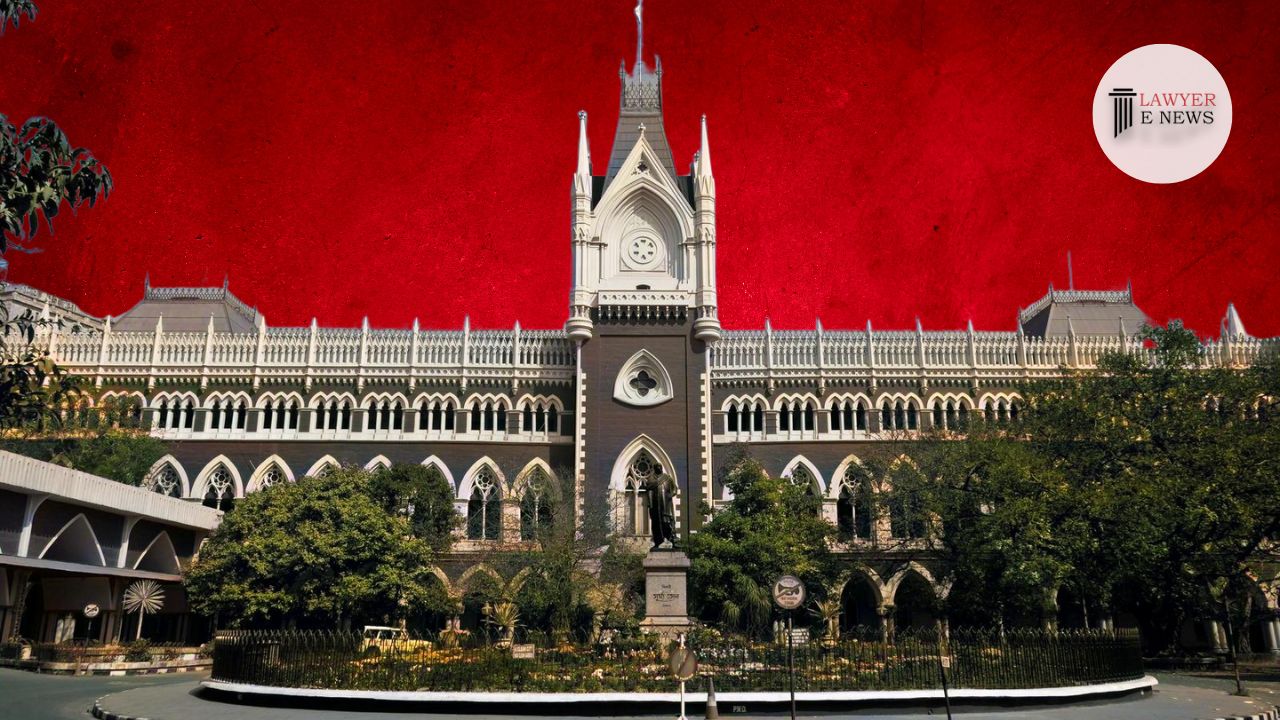-
by Admin
15 February 2026 5:35 AM



High Court directs proceedings under Section 177 of the Howrah Municipal Corporation Act, 1980 for illegal additional floor construction.
The High Court at Calcutta has invalidated the Howrah Municipal Corporation’s decision to permit the retention of an unauthorized additional floor beyond the sanctioned G+1 structure at 53, Gopal Banerjee Lane, Howrah. The judgment, delivered by Justice Partha Sarathi Sen, directs the Corporation to initiate proceedings under Section 177 of the Howrah Municipal Corporation Act, 1980 against the violators, affirming that the Corporation’s actions were contrary to law.
The writ petition was filed by Sri Subhas Chandra Banerjee and another petitioner, challenging the Howrah Municipal Corporation’s decision to allow private respondents to retain an unauthorized additional floor on a building initially sanctioned for G+1 construction. The Corporation had previously communicated that no revised plan was sanctioned for the additional construction, yet allowed its retention upon payment of fees.
The court emphasized that Sections 174 and 177 of the Howrah Municipal Corporation Act, 1980, require prior sanction for any building erection and empower the Commissioner to demolish unauthorized constructions. “The action of the Corporation in regularizing the additional floor without statutory provision is illegal,” the court observed.
Justice Sen meticulously dissected the provisions of the Howrah Municipal Corporation Act, 1980, highlighting that the Act does not permit the regularization of significant unauthorized constructions under the guise of minor deviations. “By no stretch of imagination can the construction of an entire additional floor be considered a minor deviation,” the judgment stated.
The court referred to prior judgments, including Sri Sanjay Kumar Gupta & Ors. V. Howrah Municipal Corporation & Ors. And Tanmoy Moshat v. The State of West Bengal & Ors., which underscored the limitations on the Corporation’s power to regularize unauthorized constructions. The court reaffirmed that the Corporation’s actions must strictly conform to statutory provisions.
The court directed the Commissioner of Howrah Municipal Corporation to initiate proceedings under Section 177 against the private respondents within a month, ensuring a fair hearing to all parties involved. The proceedings are to be concluded within three months, and the decision communicated to all parties.
Justice Sen remarked, “The retention of an unauthorized floor on payment of fees, without statutory backing, is a blatant violation of the law. The Commissioner is duty-bound to demolish such illegal constructions.”
This judgment reinforces the legal framework governing municipal constructions, emphasizing that unauthorized buildings cannot be regularized through administrative fiat. It sets a precedent ensuring that municipal authorities adhere strictly to statutory provisions, thereby upholding the rule of law. The case underscores the judiciary’s role in curbing unauthorized constructions and ensuring urban planning regulations are respected.
Date of Decision: June 27, 2024
Sri Subhas Chandra Banerjee and Anr. V. The Howrah Municipal Corporation and Ors.
